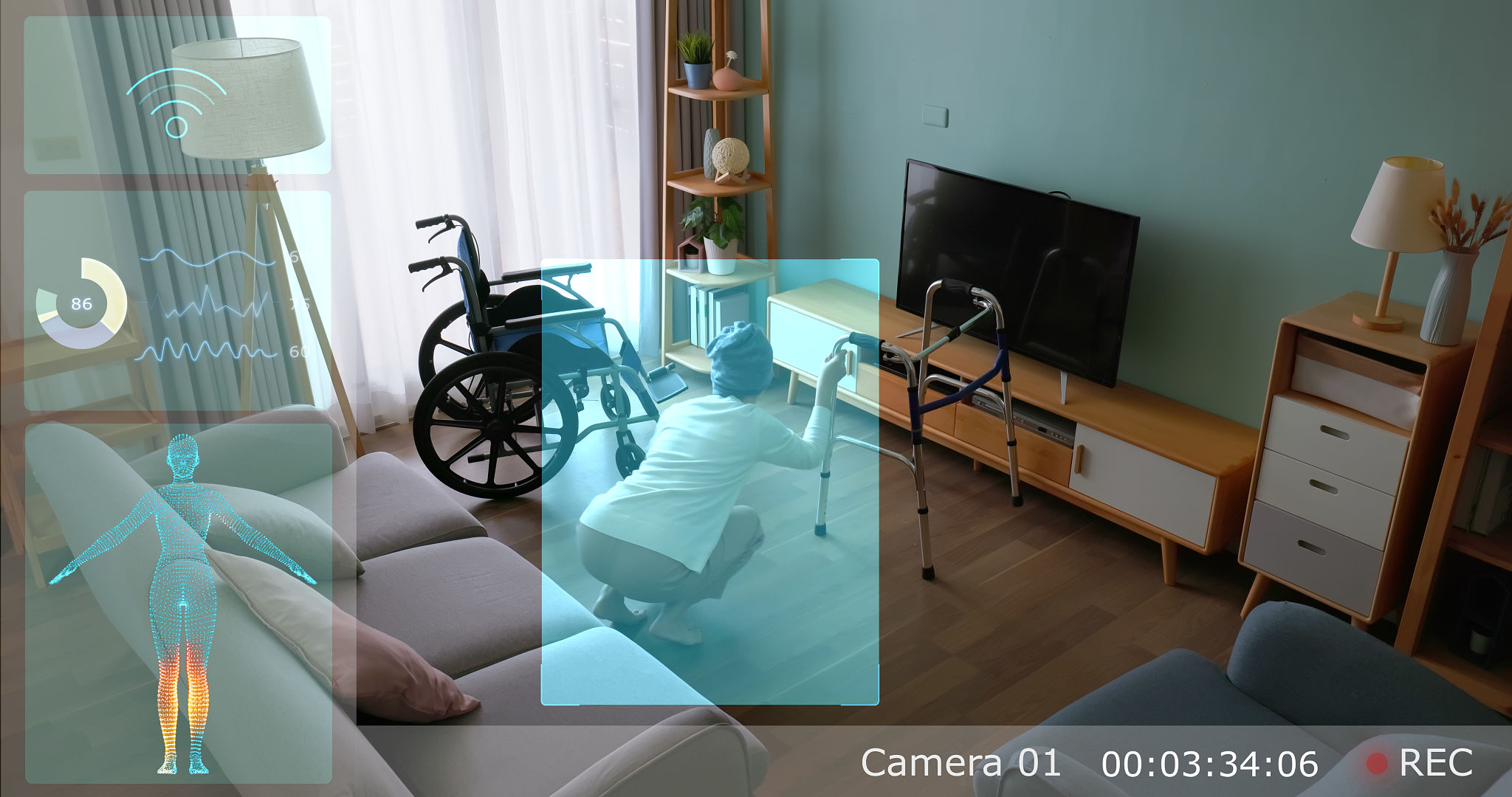Digital Health Solutions: Transforming the Future of Medicine
Understanding Digital Health Solutions
In recent years, the landscape of medicine has undergone a seismic shift, driven by the rapid advancement of digital health solutions. These technologies encompass a broad range of tools and services, from wearable devices and mobile health apps to telemedicine platforms and electronic health records. The integration of these digital innovations is not just enhancing patient care but is also transforming the entire healthcare ecosystem.
Digital health solutions provide numerous benefits, including improved patient outcomes, increased access to healthcare services, and optimized clinical workflows. With the ability to collect and analyze data in real-time, healthcare providers can make more informed decisions and tailor treatments to individual patient needs.

Telemedicine: Bridging the Gap
Telemedicine has emerged as one of the most impactful digital health solutions, especially highlighted during the COVID-19 pandemic. By enabling remote consultations, telemedicine breaks down geographical barriers, allowing patients to access healthcare services from the comfort of their homes. This not only increases convenience for patients but also reduces the strain on healthcare facilities.
The adoption of telemedicine is on the rise, with more healthcare providers integrating virtual consultations into their practice. Patients can now receive timely medical advice, prescription refills, and specialist referrals without the need for physical visits, thus ensuring continuity of care even in challenging times.
Wearable Technology: Monitoring Health in Real-Time
Wearable technology is revolutionizing how individuals monitor their health on a daily basis. From fitness trackers that count steps and monitor heart rate to advanced devices that track sleep patterns and detect irregular heart rhythms, wearables provide valuable insights into personal health.

The data collected by these devices can be shared with healthcare providers, allowing for proactive management of chronic conditions and early detection of potential health issues. This real-time monitoring empowers individuals to take charge of their health while providing healthcare professionals with accurate data for better diagnosis and treatment planning.
The Role of Artificial Intelligence in Healthcare
Artificial Intelligence (AI) is playing an increasingly crucial role in digital health solutions. AI-driven analytics can process vast amounts of data quickly and accurately, assisting in disease prediction, patient diagnosis, and personalized treatment plans. AI algorithms can also identify patterns in medical imaging that may be overlooked by the human eye, thus enhancing diagnostic accuracy.
Moreover, AI chatbots are being utilized to provide instant responses to patient queries, schedule appointments, and offer medication reminders. This not only improves patient engagement but also allows healthcare providers to allocate resources more efficiently.

Challenges and Opportunities
Despite the numerous advantages of digital health solutions, there are challenges that need to be addressed. Data privacy and security are significant concerns, as sensitive patient information must be protected from breaches. Ensuring interoperability among different digital systems is also critical for seamless data exchange.
However, these challenges present opportunities for innovation. As technology continues to evolve, there is potential for developing more secure systems and standardizing protocols to ensure patient data safety while fostering collaboration across different healthcare platforms.
The Future of Medicine
The future of medicine is undeniably intertwined with digital health solutions. As these technologies continue to advance, they will play a pivotal role in shaping a more efficient, patient-centered healthcare system. By embracing these innovations, healthcare providers can deliver higher quality care and improve overall patient experiences.
It is an exciting time for the medical field, with digital health solutions paving the way for groundbreaking advancements in diagnosis, treatment, and patient care. As we move forward, continued investment in these technologies will be essential to fully realize their potential in transforming the future of medicine.